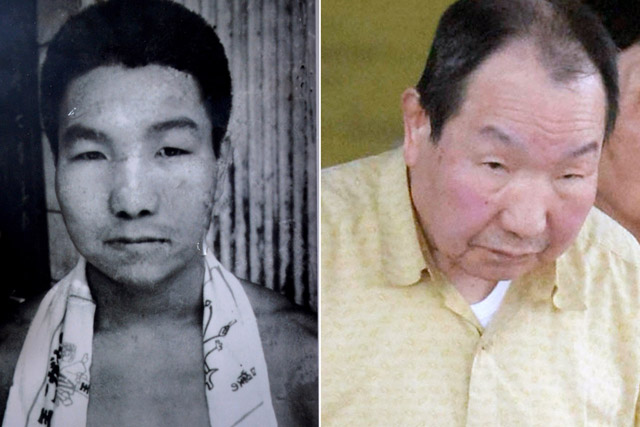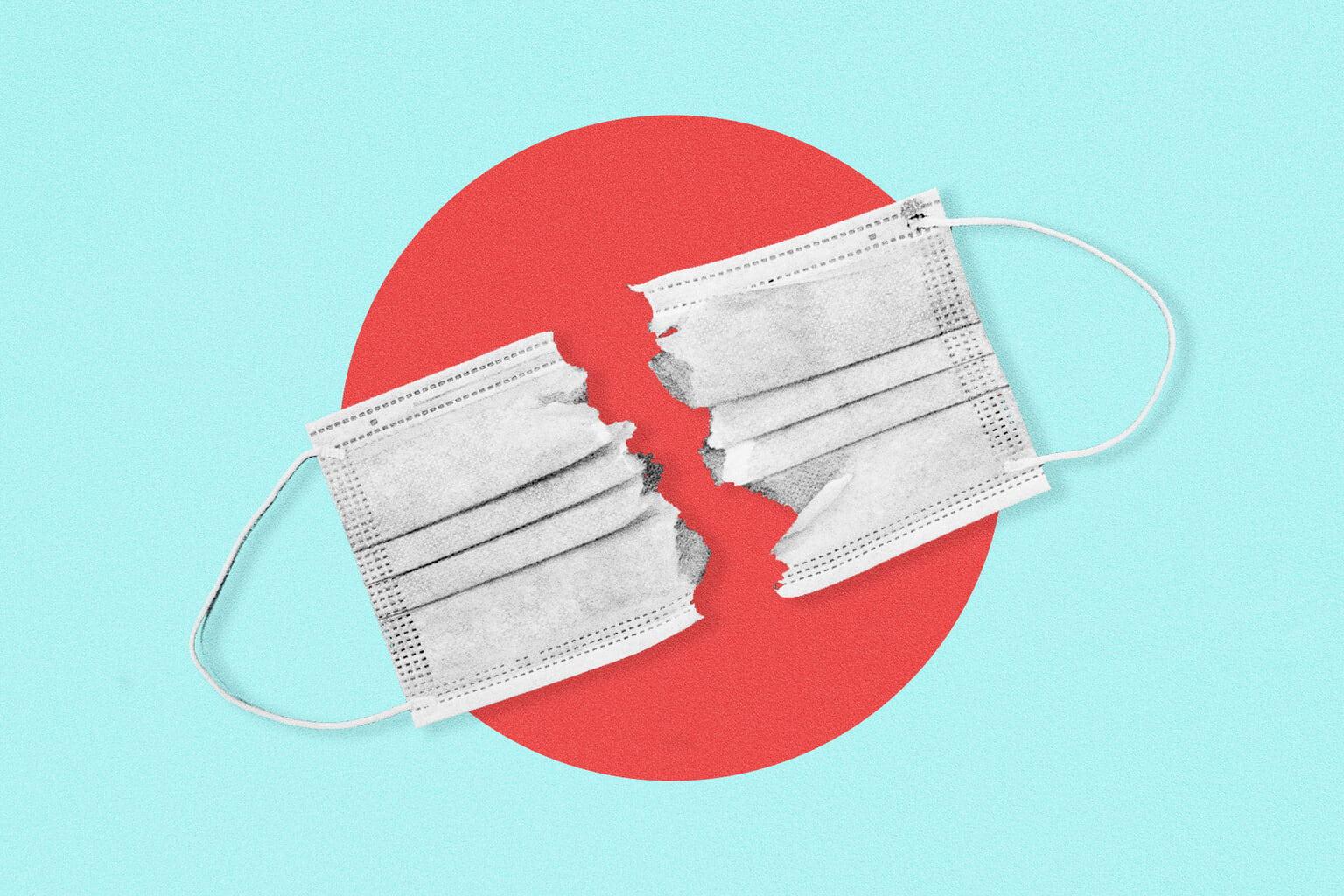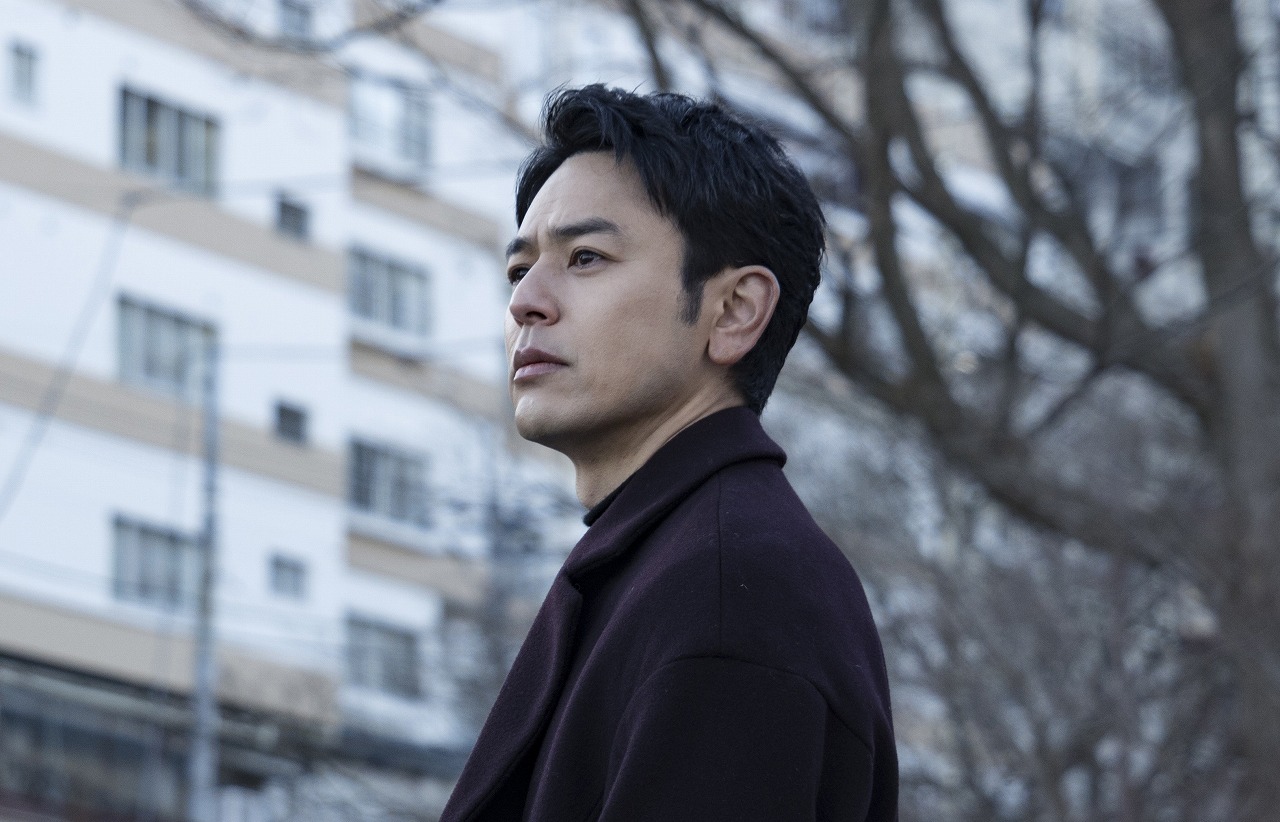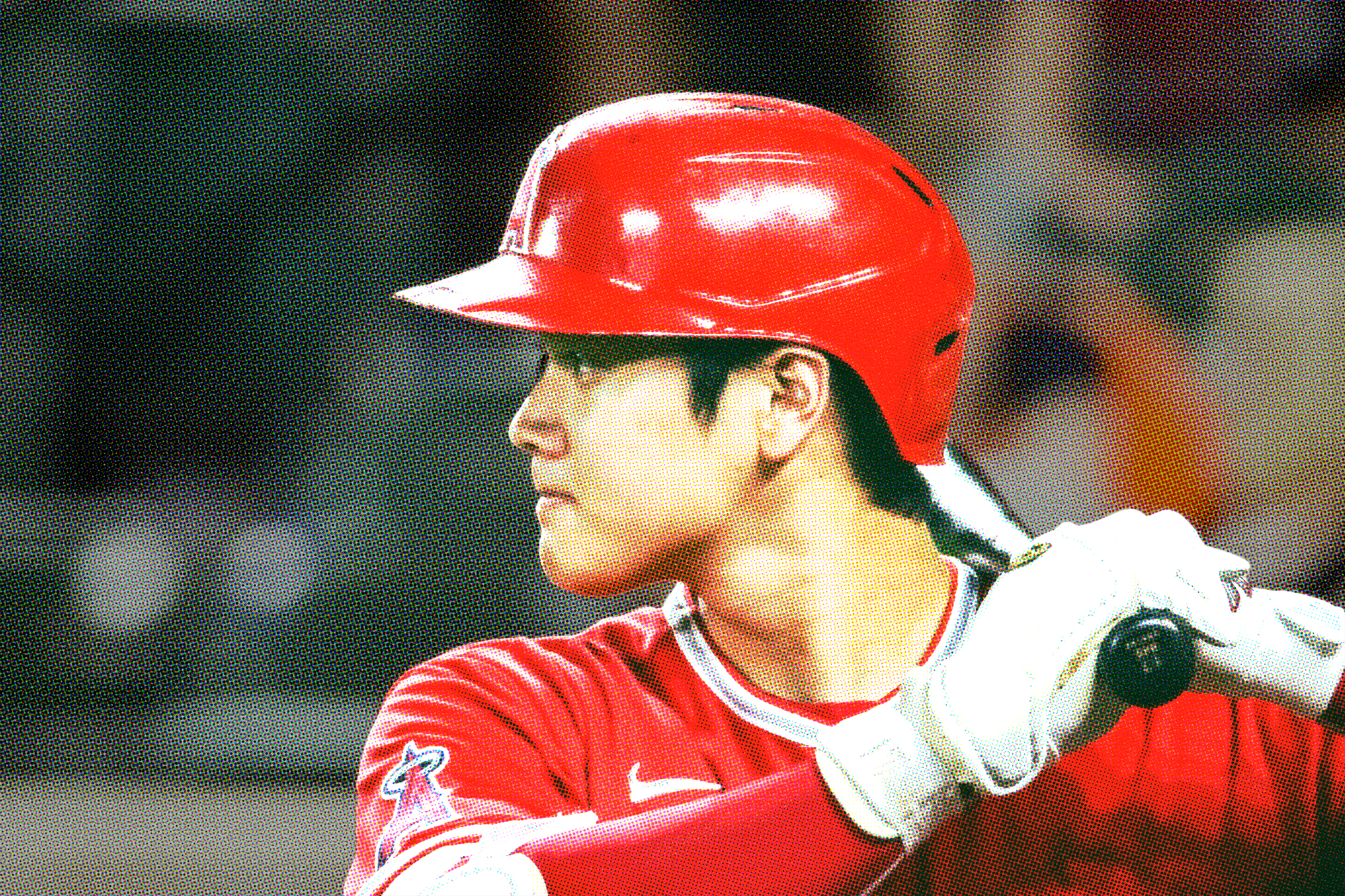We begin our latest news roundup by looking at Samurai Japan’s quarterfinal triumph over Italy at the World Baseball Classic. Hideki Kuriyama’s side now travel to America for the semifinals. Also this week, Iwao Hakamada, the world’s longest serving death row inmate, is finally granted a retrial. Pyongyang fires an intercontinental ballistic missile a few hours before the Japanese prime minister and South Korean President meet. Tokyo police secure an arrest warrant for YouTuber-turned-politician GaaSyy. Japanese publishing giant Kodansha announces the death of Nobel Prize-winning author Kenzaburo Oe. Japan’s mask policy changes, yet most people continue wearing them. And One Man wins eight awards at the 46th Japan Academy Film Prize.
Samurai Japan Sail Past Italy
Samurai Japan booked their place in the semifinals of the World Baseball Classic yesterday with a 9-3 victory over Italy. Kazuma Okamoto hit a three-run homer in the third inning to make it 4-0 following a delightful bunt by Shohei Ohtani. The result never really looked in doubt after that. Samurai Japan will now face Mexico or Puerto Rico for a place in the final on Tuesday morning (Japan time). On the other side of the draw, Cuba defeated Australia 4-3 in their quarterfinal clash at the Tokyo Dome. Next up for them is the winner of the game between Venezuela and the US.
In other sports news, Hajime Moriyasu selected a 26-man squad for Japan’s games against Uruguay and Colombia later this month. Three J-League defenders — Riku Handa, Ryotaro Tsunoda and Kashif Bangnagande — plus LASK attacker Keito Nakamura all received their first call-ups. Celtic pair Reo Hatate and Kyogo Furuhashi both missed out again. The latter scored his 26th goal of the season in all competitions with a lovely back-heel against Hearts in the Scottish Cup. In the Bundesliga, Ritsu Doan grabbed a last-minute winner for Freiburg in their 2-1 win over Hoffenheim. Koki Saito also netted as Sparta Rotterdam defeated Vitesse 3-1.

Iwao Hakamada | Image by nypost.com
Iwao Hakamada Finally Granted a Retrial
In 1966, the dead bodies of a family of four were discovered in a burned-down house in Shizuoka Prefecture. Pro boxer Iwao Hakamada was arrested for the crime and sentenced to death two years later. He claimed the police forced him to confess. There were also serious doubts about the evidence used to convict him. This week, the man certified as the world’s longest death row inmate was, at last, granted a retrial. “I’ve waited 57 years for this day, and now it has arrived,” said Hakamada’s sister, Hideko, after Monday’s ruling. “Finally, a weight has been lifted from my shoulders.”
Hakamada, now aged 87, confessed to the quadruple murder after 23 days of intense interrogation during which time he was beaten and threatened, all without a lawyer present. The suspect was accused of killing his employer at a miso factory along with his boss’ wife and two children. According to a DNA test taken in 2008, the blood on the clothing used as evidence didn’t match his. Six years later, he was released and granted a retrial. This decision was overturned by the Tokyo High Court. Supreme Court judges then intervened in 2020, ordering the high court to reconsider, which it did on Monday.
Pyongyang Launches Ballistic Missile Prior to Japan-South Korea Summit
Another week, another missile launch by North Korea. On Thursday morning at approximately 8:19am, an intercontinental ballistic missile landed in the sea just outside Japan’s exclusive economic zone. South Korean President Yoon Suk-yeol and Japanese Prime Minister Fumio Kishida discussed the matter later that day. Yoon’s visit to these shores was the first by a president from South Korea for a bilateral summit since Lee Myung-bak in 2011. Kishida said the leaders of the two countries would resume reciprocal visits. The Japanese PM is expected to go to South Korea this summer. Last week, Japan welcomed Yoon’s plan to settle the countries’ wartime labor dispute.
In other political news, YouTuber-turned-lawmaker Yoshikazu Higashitani was, as expected, expelled from parliament this week. The man known as GaaSyy became the first member of the Diet to be removed since 1951. He also became the first to be kicked out without ever actually setting foot in the place. Things got worse for him on Thursday when the Metropolitan Police Department officially requested a warrant for his arrest. He’s suspected of repeatedly threatening celebrities on his YouTube channel. Three individuals submitted criminal complaints last year. GaaSyy, who resides in Dubai, failed to respond to Tokyo police requests for him to come in for voluntary questioning.

Image by Anna Petek
Little Change Despite Easing of Mask Guidance
After three years, Japan dropped its request for people to wear masks as a Covid-19 prevention measure on Monday. It didn’t seem to make a huge difference, however, as most commuters could be seen wearing them. Several restaurants have said they will leave it up to customers to decide but will ask their staff to continue covering the lower half of their faces. In an online survey by research institution Laibo Inc. in February, only 5.5 percent of respondents said they wouldn’t wear one, regardless of the setting. More than one in four, meanwhile, said they would continue wearing them “unconditionally.”
During a televised budget committee session on Monday, many lawmakers were seen wearing masks. The prime minister, however, didn’t have one on when he arrived at his office. “From today, mask wearing is left up to individual judgment. We are not forcing anyone to wear it or take it off. I think there will be more occasions when I will take my mask off,” Kishida told reporters. Whether the public follows this remains to be seen, particularly during what is an intense hay fever season. As Tokyo Weekender columnist David McElhinney stated in his recent op-ed piece, “social pressures” continue to drive mask usage here.
Nobel Prize-Winning Author Kenzaburo Oe Dies Aged 88
On Monday, Kodansha announced the death of revered author Kenzaburo Oe due to old age. He was 88. The second Japanese person after Yasunari Kawabata to win a Nobel Prize for Literature, he began publishing stories in 1957. A pacifist, he was heavily influenced by his country’s involvement in World War II. Oe was just 10 years old when it ended and felt betrayed by the lies he was told during the conflict. Every day at school he was asked by his teacher if he’d be willing to die for the emperor. He felt ashamed in bed at night when he realized he wouldn’t.
In the same year Oe won the Nobel Prize, he refused Japan’s Order of Culture because it was bestowed by the emperor. Not for the first time, he received death threats. Another big influence on the author’s writing was his eldest son, Hikari, who’s been brain damaged since birth. In his 1964 semi-autobiographical novel A Personal Matter, Oe described the psychological strain of learning how to accept a child with brain damage. A Healing Family, published in 1995, was Oe’s first non-fiction attempt to make sense of his son’s life. In his 2000 book The Changeling, Oe covered the mysterious death of his brother-in-law Juzo Itami.

Satoshi Tsumabuki as Akira | ©2022 A MAN PRODUCTION COMMITTEE
One Man Walks Away with Eight Japan Academy Awards
It may not have the glitz and glamor of the Oscars, but the Japan Academy Film Prize is still a prestigious ceremony. The big winner this year was Kei Ishikawa’s slow-burn thriller A Man, which picked up eight awards, including Best Movie. Based on Keiichiro Hirano’s novel of the same name, the story centers around a grieving widow who hires a lawyer to uncover the real identity of the man she married. Satoshi Tsumabuki won the Best Actor gong for his portrayal of the attorney, Akira, while his co-stars Sakura Ando and Masataka Kubota went home with Best Supporting Actress and Actor prizes.
Ishikawa received two awards for Best Director and Best Film Editing. The movie also picked up Best Screenplay (Kosuke Mukai) and Best Sound Recording (Takeshi Ogawa) gongs. Other winners on the night included The First Slam Dunk (Best Animation), Yukino Kishii (Best Actress) and Shin Ultraman, which picked up three awards for Cinematography, Lighting Direction and Art Direction. Best Foreign Language Film was given to Top Gun: Maverick, which also won an Oscar for Best Sound. It missed out on the top prize, though, to Everything Everywhere All at Once. Daniel Kwan and Daniel Scheinert’s absurdist comedy-drama was awarded seven gold-plated statuettes.








